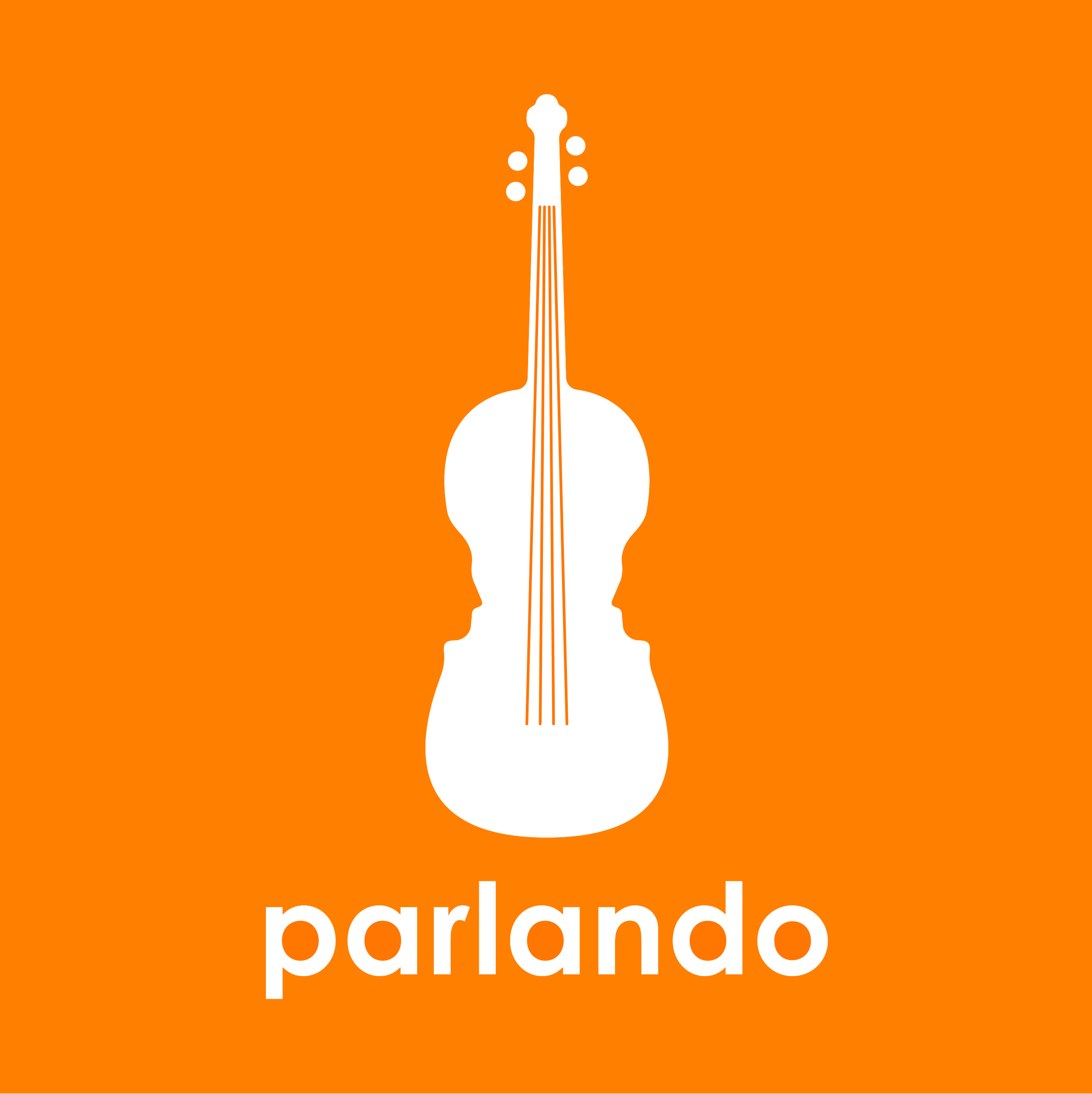The Chamber Orchestra will return to Merkin Hall at Kaufman Music Center, with performances on September 22, November 6, February 26 and April 23.
Programs include performances of music by Reena Esmail, Julius Eastman, Friedrich Gulda, and Hildegard von Bingen, as well as works by Henryk Górecki, Mieczysław Weinberg, Aaron Copland, Rodion Shchedrin, Claude Debussy, Jacques Ibert, and Ludwig van Beethoven. Featured Soloists include Parker Ramsay, Henry Shapard, Aubree Oliverson, and Aaron Crouch.
All performances incorporate commentary with historical and musical context to create a uniquely intimate and educational listening experience.
Parlando will return to Merkin Hall at Kaufman Music Center this season, with a series of three programs incorporating its signature blend of performance, commentary, and historical and musical context, in order to create a uniquely intimate and educational listening experience.
The season kicks off Thursday, September 22 at 8 PM with Between Sacred and Profane. The program explores how composers grapple with the tension between the spiritual and the sacrilegious both in their music and in their personal lives. Featuring harpist Parker Ramsay performing Claude Debussy’s Danse sacrée et danse profane, the concert continues with Reena Esmail’s Teen Murti and Ludwig van Beethoven’s Cavatina and Grosse Fuge op. 130/133.
On Sunday, November 6 at 2 PM, Parlando presents Heroines and Heretics, exploring (colorful? Vibrant?) the varied portrayals of legendary women across musical eras. Featuring tenor Aaron Crouch performing Julius Eastman’s Prelude to the Holy Presence of Joan d’Arc, the program also includes Hildegard von Bingen’s Rex noster promptus est and Rodion Shchedrin’s Carmen Suite (after Bizet’s Opera).
The season continues Sunday, February 26 at 2 PM with Cold War, a program highlighting the sonic worlds on both sides of the defining conflict of the last 75 years. Featuring violinist Aubree Oliverson performing Mieczysław Weinberg’s Concertino for Violin and String Orchestra, the program continues with Aaron Copland’s Nonet for Strings and Edvard Mirzoyan’s Symphony for String Orchestra and Timpani.
On Sunday, April 23 at 2 PM, Parlando’s season concludes with Requiem for a Polka, an exploration of popular genres of the past that have faded into obscurity. Featuring cellist Henry Shapard performing Friedrich Gulda’s uproarious Concerto for Cello and Wind Orchestra, the concert also includes Henryk Górecki’s Kleines Requiem für eine Polka and Jacques Ibert’s Divertissement.
Parlando was founded in 2019 by conductor Ian Niederhoffer with the goal of providing the musical and historical context to prepare every audience member for the music they are about to hear. Through short introductions to each piece, Parlando bridges the gap between audience and performer, creating an intimate, personal orchestral experience.
All performances will be at Merkin Concert Hall at the Kaufman Center, 129 West 67th Street between Broadway and Amsterdam, renowned for its excellent acoustics and intimate setting. Premium tickets are $35, regular tickets are $25, and both are available for purchase at kaufmanmusiccenter.org.
Calendar Listings:
September 22, 2022 at 8:00 PM
Parlando: Between Sacred and Profane
Ian Niederhoffer, Conductor
REENA ESMAIL – Teen Murti
CLAUDE DEBUSSY – Danse sacrée et danse profane Parker Ramsay, Harp
LUDWIG VAN BEETHOVEN – Cavatina and Grosse Fuge Op. 130/133
––
November 6, 2022 at 2:00 PM
Parlando: Heroines and Heretics
Ian Niederhoffer, Conductor
HILDEGARD VON BINGEN – Rex noster promptus est
JULIUS EASTMAN – Prelude to the Holy Presence of Joan d’Arc, Aaron Crouch, Tenor
RODION SHCHEDRIN – Carmen Suite (after Bizet’s Opera)
––
February 26, 2023 at 2:00 PM
Parlando: Cold War
Ian Niederhoffer, Conductor
AARON COPLAND – Nonet for Strings
MIECZYSŁAW WEINBERG – Concertino for Violin and String Orchestra, Aubree Oliverson, Violin
EDVARD MIRZOYAN – Symphony for String Orchestra and Timpani
––
April 23, 2023 at 2:00 PM
Parlando: Requiem for a Polka
Ian Niederhoffer, Conductor
JACQUES IBERT – Divertissement
HENRYK GÓRECKI – Kleines Requiem für eine Polka
FRIEDRICH GULDA – Concerto for Cello and Wind Orchestra, Henry Shapard, Cello
MERKIN HALL AT KAUFMAN MUSIC CENTER 129 West 67th Street, New York, New York (kaufmanmusiccenter.org)
Tickets: Premium $35, Regular $25, available at kaufmanmusiccenter.org parlandonyc.com




